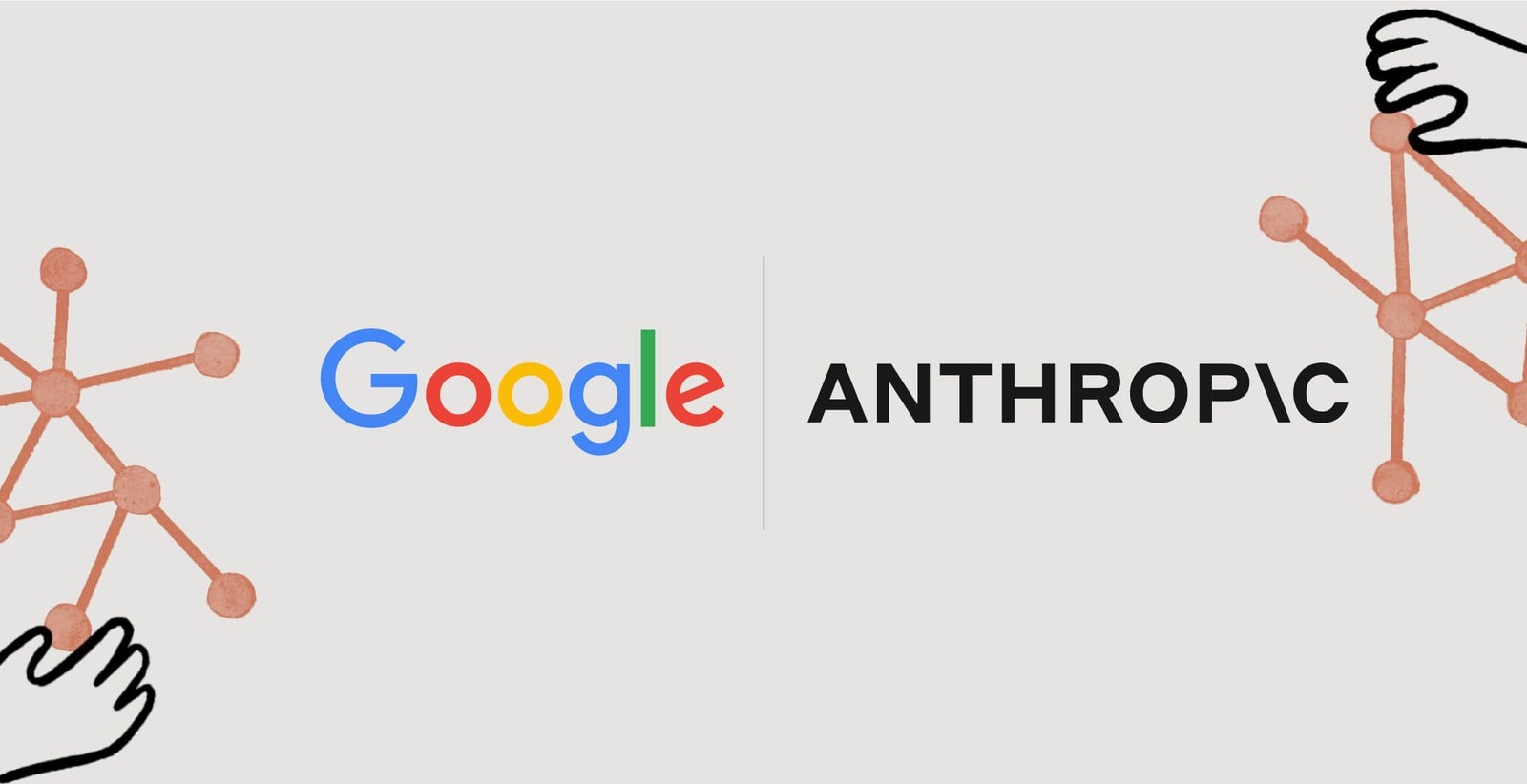Anthropic, an artificial intelligence startup, is reportedly receiving a whopping $2 billion investment from Google, a move that indicates the escalation of the AI race.

Anthropic, an artificial intelligence startup, is reportedly receiving a whopping $2 billion investment from Google, a move that indicates the escalation of the AI race.
This substantial infusion of capital places Anthropic alongside OpenAI in reaping the rewards of leadership in the AI domain, drawing massive sums from tech giants eager to secure their position in this rapidly evolving field. It’s become a defining adage of the times: those who can, build; those who can’t, invest.
According to sources cited by The Wall Street Journal, the funding arrangement is said to involve an initial $500 million, with the potential for an additional $1.5 billion in the future. The exact conditions or timing of this additional investment remain uncertain, prompting inquiries to Anthropic for clarification.
This development echoes, though not in exact parallel, Microsoft’s substantial investment in OpenAI earlier this year. With Amazon also committing up to $4 billion to Anthropic, any funding disparities may be more theoretical than practical.
The Google investment marks the latest salvo in a burgeoning proxy war between rival companies, each vying for dominance in a field with only a handful of frontrunners. While all these companies possess formidable expertise across various technological domains, the reality is that none could independently establish a credible competitor to either OpenAI or Anthropic in the realm of large language models (LLMs).
Given that LLMs are poised to revolutionize business models and constitute critical components of future tech platforms, partial ownership of these leading entities is deemed indispensable.
These investments go beyond mere financial backing. It would be equally challenging for these AI startups (a term that may need reevaluation) to construct the infrastructure required for building and deploying AI models at the necessary scale for profitable operation. Hence, these deals encompass provisions like compute credits and collaborative support.
However, it would be imprudent for these tech giants to invest exclusively in a single entity, thereby becoming both investors and customers. Fortunately, there are a few contenders worthy of investment, with OpenAI and Anthropic standing out as the primary choices.
Anthropic’s CEO and co-founder, Dario Amodei, alluded to this impending financial boost during an interview at Disrupt last month. He hinted, “We’ve only been around for a little over two and a half years… in that time, we’ve managed to raise $1.5 billion, which is a lot. Our team is much smaller, and yet we’ve managed to hold our own… We have really, very radically been able to do more with less. And I think relatively soon, we’re going to be in a position to do more with more.”
This development aligns with the strategy outlined in internal documents obtained by TechCrunch in April: raising $5 billion or more to directly challenge OpenAI.
For Anthropic startup, the focus leans towards becoming an enterprise-oriented product, targeting knowledge work and professional services, which may be less glamorous to average consumers but offers a potentially robust long-term business model.
Safety and transparency are also paramount for Anthropic, catering to corporate clients who demand clarity regarding their purchases’ performance, vital for documentation and compliance.
In terms of allocation, reports suggest that these models incur exorbitant costs for training, deployment, and operation. As soon as a company manages to streamline one to the point where it can be used economically, a more advanced model emerges, rendering the previous version obsolete.
The Anthropic Startup’s internal documents project a billion-dollar expenditure by the end of 2024 to develop their next-generation model, “Claude-Next.”
Ultimately, the higher the investment, the stronger the position for both the investing company and its affluent backers. Until Google, Microsoft, Amazon, and others can independently stand tall in this field (if that day ever comes), they must wage a proxy war by investing billions to foster innovation where it naturally arises.